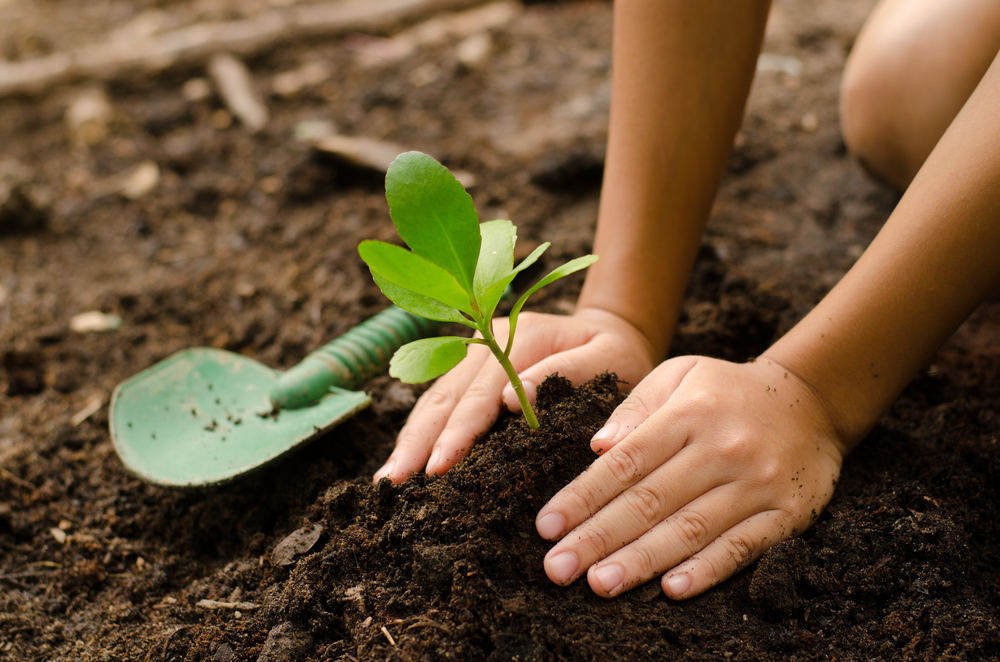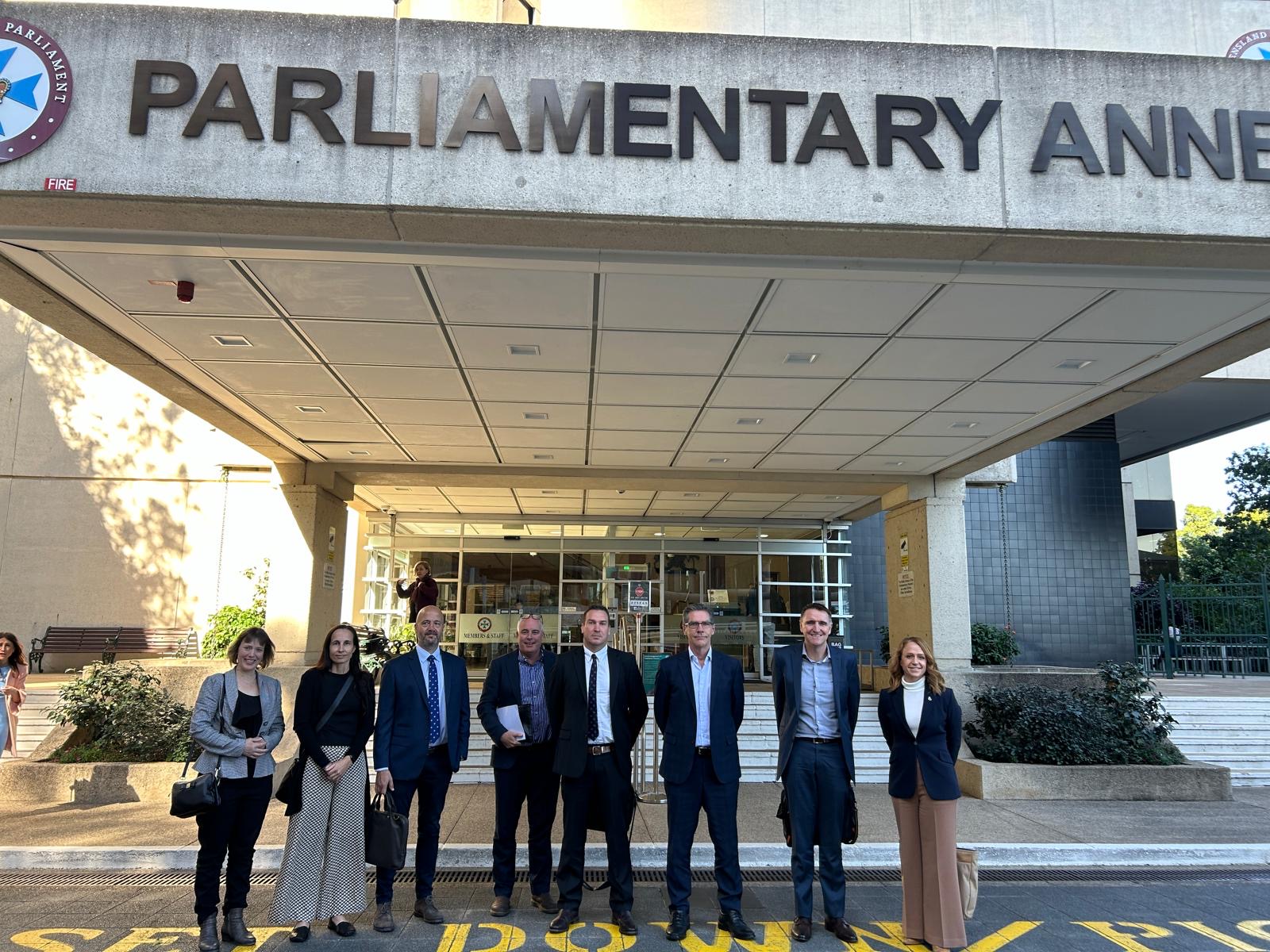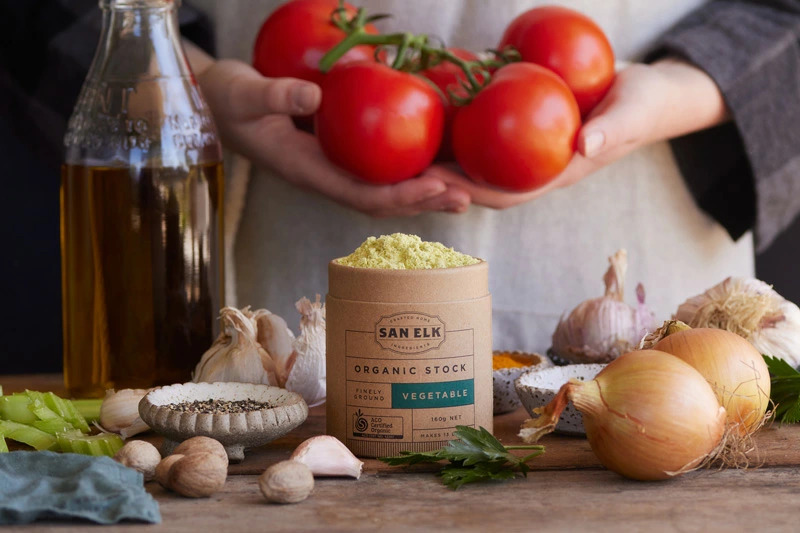A topic currently on many people’s minds is the future of our planet. Amid the COVID-19 pandemic and in the wake of the devastating bushfires of 2019/20, people are becoming increasingly aware of their health and the health of future generations.
In organic agriculture, ‘health’ is one of the fundamental principles and focuses on the integral part soil plays in helping to create and maintain a healthy environment.
The Australian Organic Schools program looks deeper into the importance of healthy soil and its role in creating a healthy ecosystem – including helping to create healthier people and animals.1 Teaching children about healthy soils is a great starting point when talking about a healthy environment.
Organic agriculture prioritises soils
Organic agricultural practices and processes prioritise the preservation and improvement of farmed soils2. Organic agriculture benefits the environment in many ways, including:
• Producing food while establishing an ecological balance
• Increasing soil biodiversity
• Reducing nutrient loss
• Enhancing soil structure and water filtration, reducing the risk of groundwater pollution
• Reducing non-renewable energy by decreasing agrochemical needs
• Contributes to mitigating the greenhouse effect and global warming by sequestering carbon in the soil3
This week, join us as we celebrate healthy soils during Organic Earth Week and #switchoff during Earth Hour to reconnect with the natural environment.
The Australian Organic Schools program has an entire lesson dedicated to the importance of soil health. To find out more, head over to organicschools.com.au and sign up for FREE to download a range of ACARA aligned, STEM focused resources.
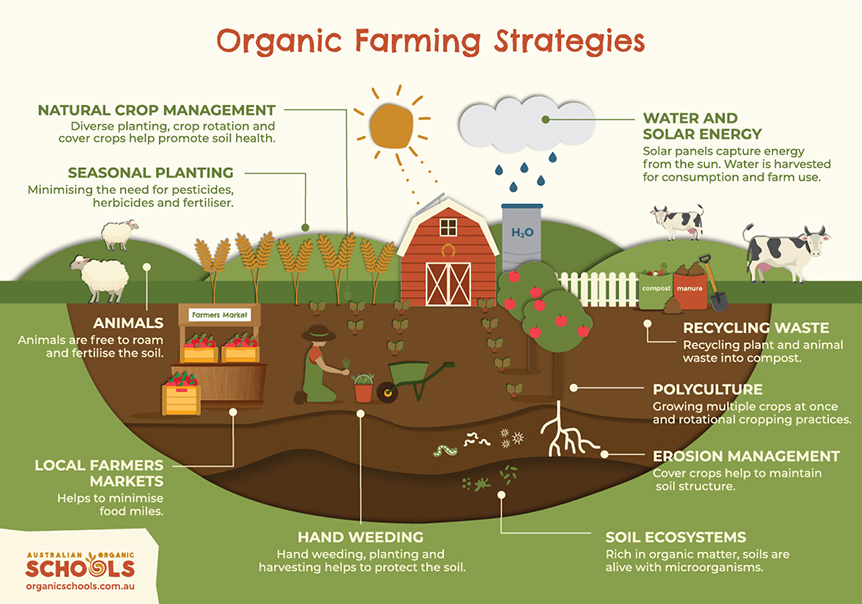
REFERENCES:
1United States Environmental Protection Agency 2020, What is sustainability?’, viewed 24 July 2020, https://www.epa.gov/sustainability/learn-aboutsustainability#what
2Queensland Government 2020, What is biodiversity?, viewed 24 July 2020, https://www.qld.gov.au/environment/plantsanimals/biodiversity/about
3International Federation of Organic Agricultural Movements (IFOAM – Organics International) General Assembly 2008, Definition of Organic Agriculture, viewed 14 July 2020, https://www.ifoam.bio/why-organic/organiclandmarks/definition-organic
